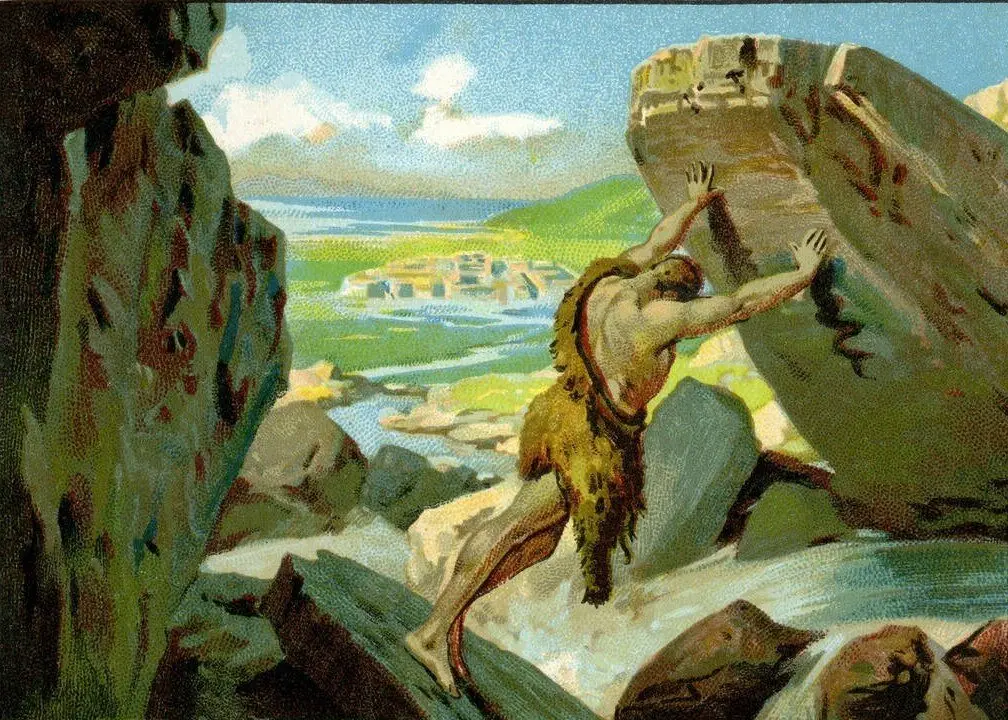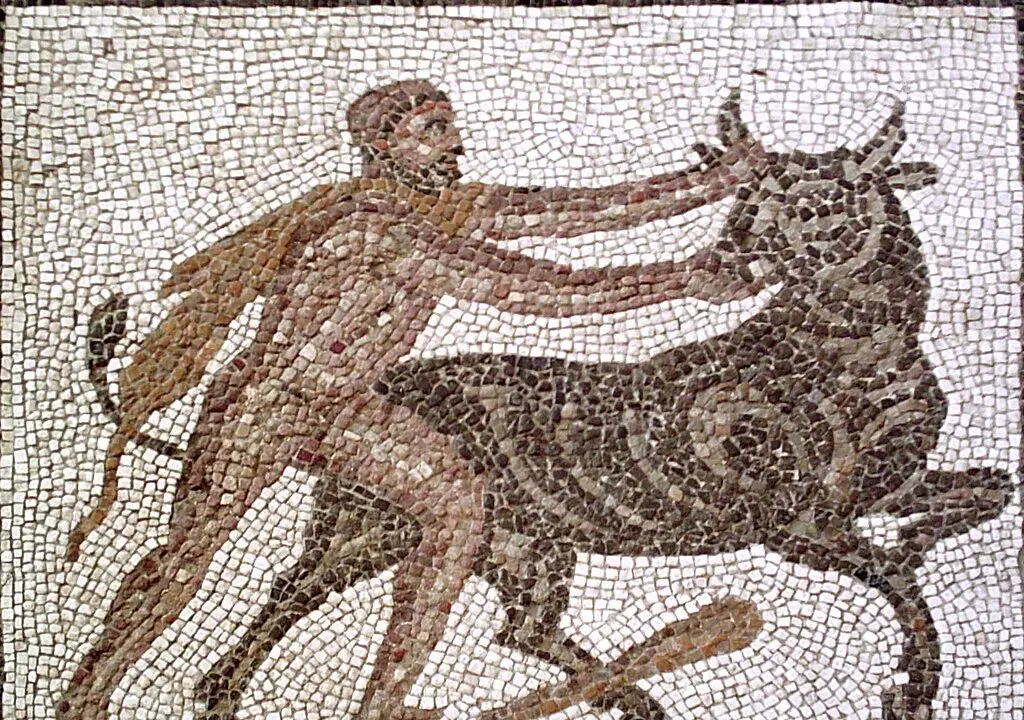At first glance, none among Herakles’s Twelve Labors seems less heroic than the cleansing of the Augean Stables. Where the slaying of monsters and dragons suggests glory, this task smacks of drudgery by a great hero reduced to the status of a man who mucks out stables. Yet, considered properly, the fifth labor conceals a task of deeper wisdom. It isn’t about brute force but about creative intelligence: the ability to purify what has become foul, not through endless toil, but through reimagining the problem itself.
Even the slaying of the Nemean Lion wasn’t merely a question of brute strength. The genius of the act lay in the fact that Herakles was able to skin its pelt and so provide invulnerability for himself. Herakles exhibited not just strength but deep wisdom in his victory.






